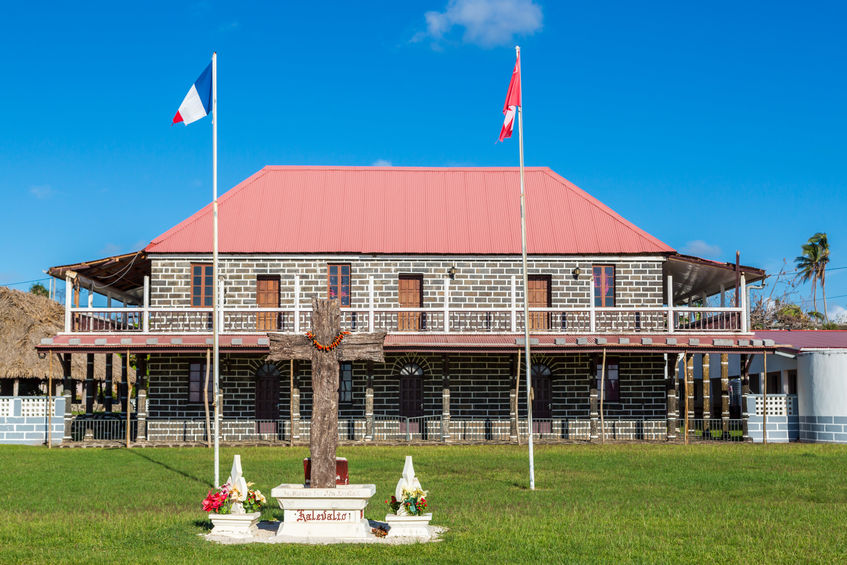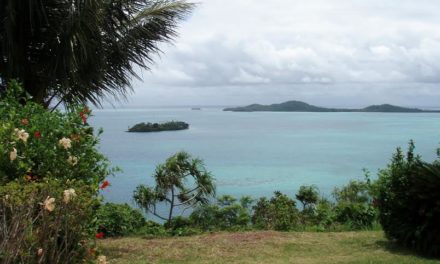Jean-François Carenco, Secretary of State for Overseas France, is spending two days in Wallis and Futuna. The programme is heavy. The subjects discussed are the economy, health, ecological transition and the social contract between Wallis and Futuna and France.
The Minister’s visit will revolve around three subjects: the ageing of the population, the BNP Paribas banking monopoly and the relationship between the Hexagon* and the local authorities.
Jean-François Carenco will visit the Leava wharf construction site, which should improve the maritime service between the islands of Wallis and Futuna. The work has been delayed. The government’s objective is to revitalise Wallis and Futuna and to renew the institutional link between metropolitan France and its local institutions. One of its objectives will be to break the banking monopoly exercised by the BNP Paribas bank. Jean-François Carenco will also sign a new social contract at the Territorial Assembly.
Poor health
The minister will also address the issue of health. Last October, the senator of the territory, Mikaele Kulimoetoke, questioned the government on the health situation of Wallis and Futuna. No prevention policy has been put in place since 2005. Diabetes and cardiovascular diseases have increased significantly in the archipelago. The imbalance between Wallis and Futuna is significant. Recently, four Futunians requiring dialysis had to move to Wallis (230 km away) because there is no appropriate equipment in Futuna. The minister’s office assures us that these four dialysis patients will be able to return to their island of origin.
No independents
It should be noted that the political climate in Wallis and Futuna is very different from that of New Caledonia and French Polynesia. There are no claims of independence in this archipelago of less than 15,000 inhabitants, which has only two inhabited islands.
* Hexagone is a nickname for France because of its hexagonal shape.



